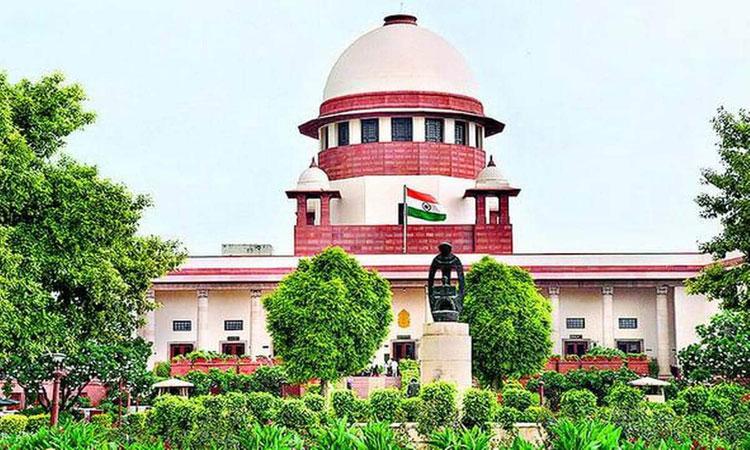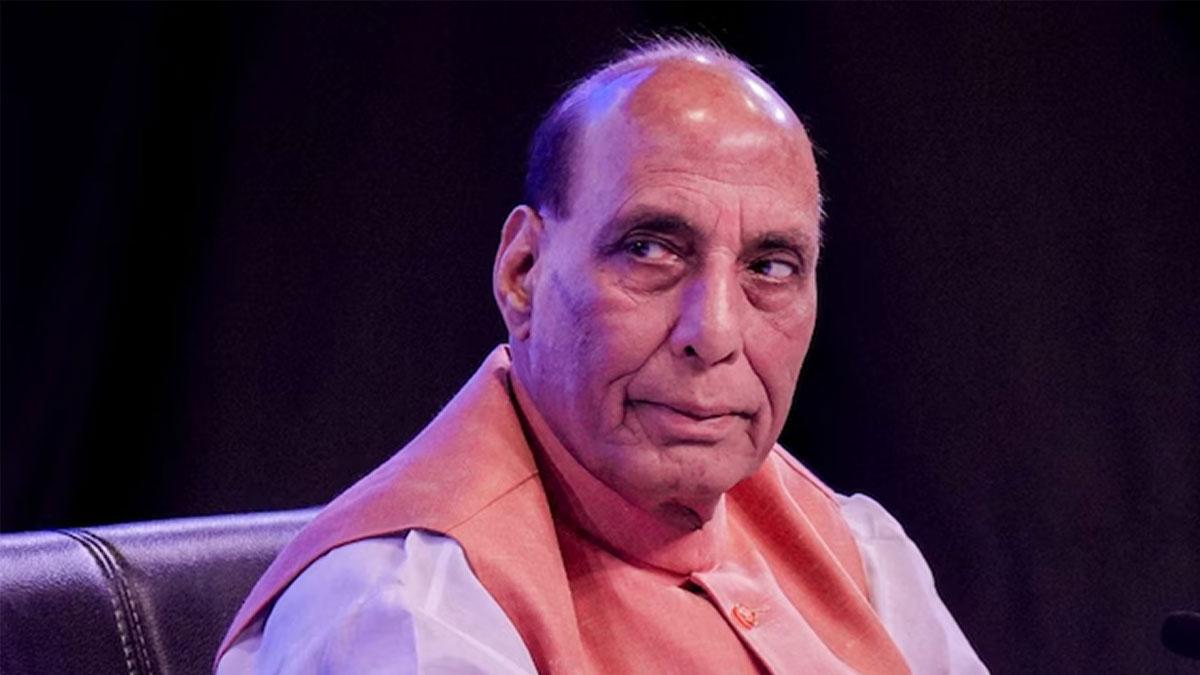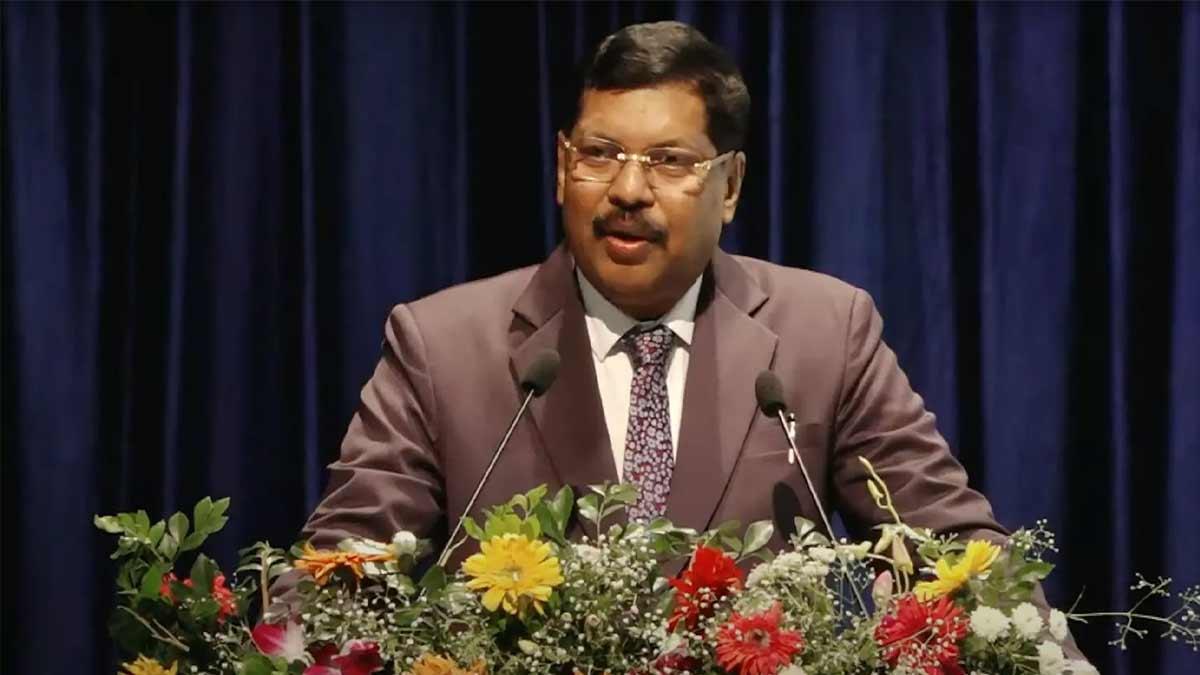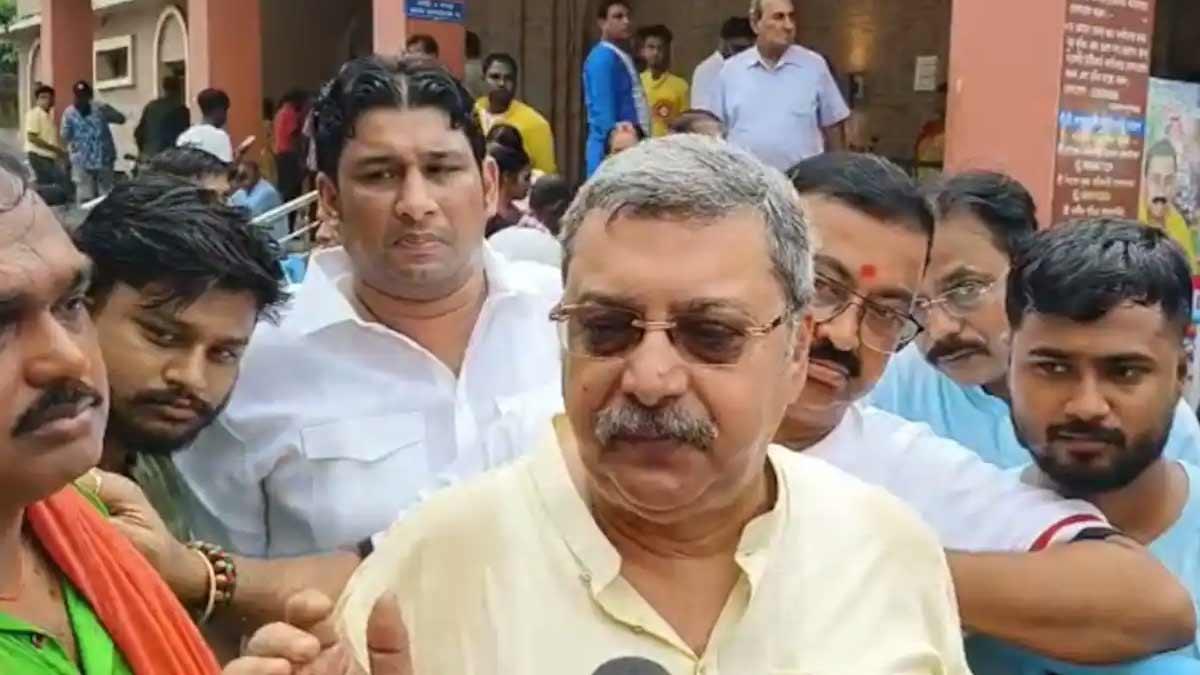The Supreme Court on Friday noted that freebies announced by political parties may push the state towards imminent bankruptcy, as it framed preliminary issues which require further deliberation before concrete orders are passed, and referred the pleas against freebies to a 3-judge bench.
A bench, headed by Chief Justice N.V. Ramana and comprising Justices Hima Kohli and C.T. Ravikumar said: "Freebies may create a situation wherein the state government cannot provide basic amenities due to lack of funds and the state is pushed towards imminent bankruptcy. In the same breath, we should remember that such freebies are extended utilising tax payers' money only for increasing the popularity of the party and electoral prospects."
It emphasised that the issues raised by the parties require an extensive hearing before any concrete orders can be passed.
It framed preliminary issues, which may need to be deliberated upon and decided in the petitions as: "What is the scope of judicial intervention with respect to the reliefs sought in the present batch of petitions? Whether any enforceable order can be passed by this court in these petitions? Whether the appointment of a commission/expert body by the court would serve any purpose in this matter? Additionally, what should be the scope, composition, and powers of the said commission/expert body?"
The parties, involved in the matter, also sought reconsideration of the 2013 S. Subramaniam Balaji v. State of Tamil Nadu judgment. In this case, the court held that such promises do not fall within the ambit of corrupt practices as specified under Section 123 of the Representation of the People Act, 1951, and issued directions to the Election Commission regarding framing of certain guidelines, in the absence of any legislative enactment covering the field.
The top court noted that it is also necessary to highlight the point raised by some of the intervenors, that all promises cannot be equated with freebies as they relate to welfare schemes or measures for the public good. "Not only are these a part of the Directive Principles of State Policy, but are also a responsibility of the welfare state. At the same time, the worry raised herein, that under the guise of electoral promises, fiscal responsibility is being dispensed with, must also be considered," the bench said.
It ordered consideration of the petitions against freebies announced by political parties ahead of the polls to induce voters, before a three-judge bench against the backdrop of complexity of the issues involved with it.
The court also noted that some of the parties contended that S. Subramaniam Balaji judgment incorrectly implied that the Directive Principles of State Policy can override the Fundamental Rights under Part III of the Constitution, which is against the law settled by a Constitution Bench of the court in Minerva Mills Ltd Vs Union of India (1980).
"Looking at the complexity of the issues involved, and the prayer to overrule a judgment rendered by a two-judge bench in Balaji case, we direct listing of these petitions before a three-judge bench, after obtaining the orders of the Chief Justice of India. List the matter after 4 weeks," the bench said.
On August 24, the Supreme Court queried the Central government as to why it can't form a committee to examine the impact of freebies promised by political parties to induce voters, and also the government can call for an all-party meeting to examine the issue.
The top court order came on petitions by advocate Ashwini Kumar Upadhyay and others seeking directions to the Centre and the Election Commission to take steps to regulate poll manifestos of political parties and also opposed the practice of political parties giving or promising freebies to induce voters during polls.


















